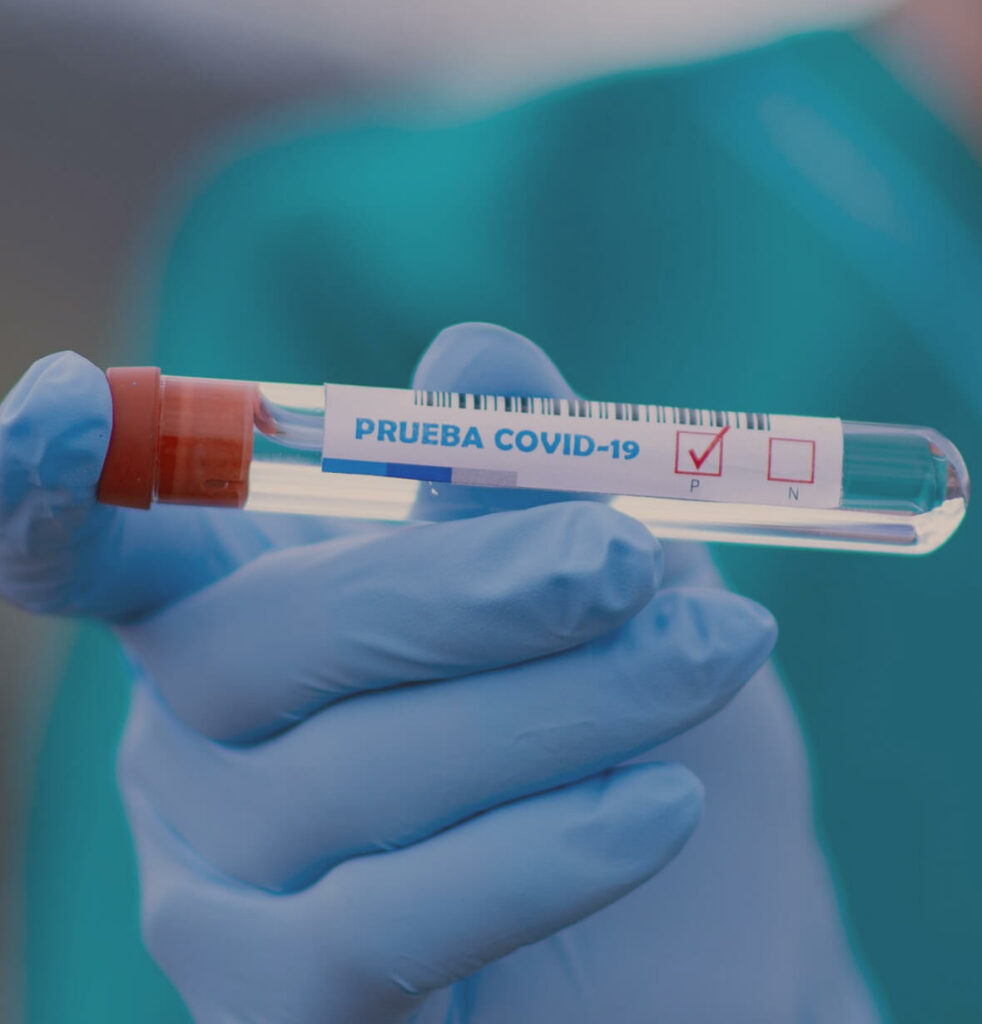At Analiza, we have an extensive portfolio of diagnostic tests for the detection of SARS-CoV-2. We have the most precise technology and a highly qualified technical team.
As always, we continue to be at the disposal of the health authorities to collaborate in any way we may be required.
Quantitative serological test
The technique used in this type of test to detect COVID-19 – called Enzyme Immunoassay – has high sensitivity and specificity and is based on the detection of IgG and IgM antibodies. The sample is taken with a blood test.
It shows whether or not antibodies have been generated. The detection of antibodies enables the study of the immune response to the virus
Detects and quantifies antibodies (IgG – IgM) Numerical reported result
PCR
Real-time RT-PCR is a very sensitive and precise technique. Of the existing methods, it remains the most accurate in detecting coronavirus.
The PCR test has very high specificity and sensitivity and is capable of detecting fragments (genes) of the virus in the early stages of COVID-19.
The recommended sample type is the nasopharyngeal and/or oropharyngeal exudate. The samples are taken by swabs and should therefore be taken by expert professionals.
Through the PCR test, a fragment of the virus’ genetic material is located and amplified, which in the case of the coronavirus is an RNA molecule. If, after analysis in a microbiology laboratory of a respiratory sample from a person suspected of being infected, the test detects RNA from the virus, the result is positive and it is confirmed that that person is infected by SARS-CoV-2. If the PCR technique does not detect the genetic material of the virus, the person is not infected. However, when there is significant clinical suspicion, another test should be conducted to ensure that the patient is not infected with the virus*.
This test is recommended for patients with symptoms, to confirm a serological result and for those who have had close contact with a patient with a confirmed positive result.
Antigen Test
Antigen tests measure the presence or absence of the viral proteins (antigens) from inside the virus. The type of sample recommended is the nasopharyngeal exudate, as in the case of PCR. The samples must be taken by expert professionals.
It is recommended for people with symptoms of less than 5 days duration and in people who are asymptomatic but have been in close contact with a confirmed positive case.
The result is reported as positive or negative. The test shows if there is currently an active infection.
Negative results do not rule out SARS-CoV-2 infection and should not be used as the sole basis for determining treatment or making patient management decisions, including infection control decisions.
It detects whether patients are likely to infect those around them.
—–
*Instituto de salud Carlos III

 Español
Español Português
Português
¿Quieres recibir noticias como ésta en tu email?
Suscríbete a la newsletter